- News
-
-
-
-
-
Latest News Articles
- All that conservation work really does pay off May 3, 2024
- JWM: Dousing the electrical fire on osprey management May 3, 2024
- 2024 TWS Elections: Southeastern Representative May 2, 2024
-
-
-
- Wildlife Professional Resources
-
- Our Network
-
- PUBLICATIONS
-
-
Recent Posts
-
 The Wildlife Professional November/December Issue
November 1, 2023
The Wildlife Professional November/December Issue
November 1, 2023
-
-
-
-
-
-
- Wildlife Events
-
-
-
Upcoming Webinars
- No Events
-
-
-
- Who We Are
-
Category: TWS Wildlife News
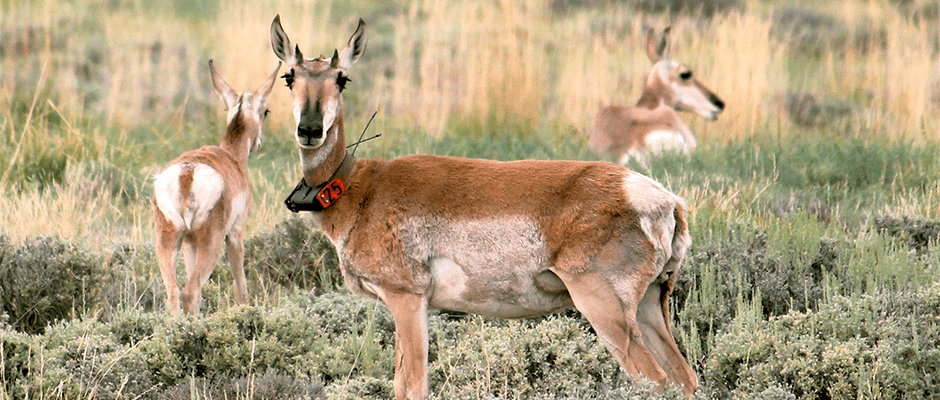
February 22, 2018
JWM: Winter conditions stress pronghorn the next summer
The Red Desert of south-central Wyoming has long been known for robust pronghorn populations, but in the last two decades, herds have diminished up to 30 percent. The deep snow...
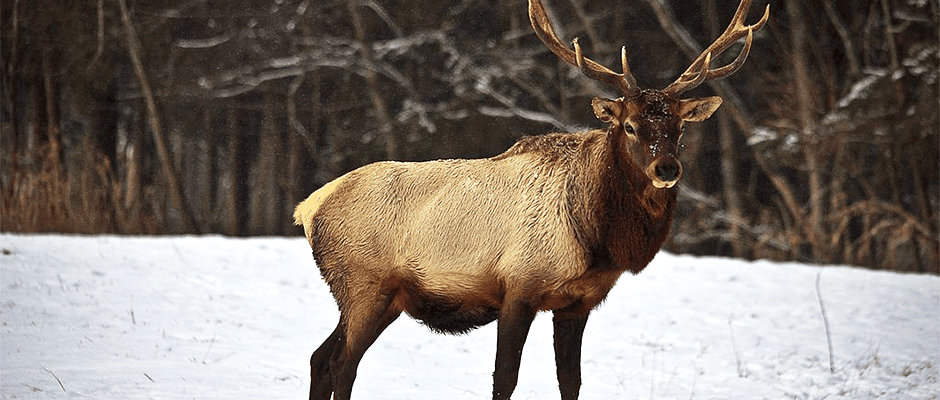
February 22, 2018
Interior to work with Western states on game management
Interior Secretary Ryan Zinke issued a secretarial order last week to direct bureaus within his department to work more closely with Western states on the management of habitat for big...
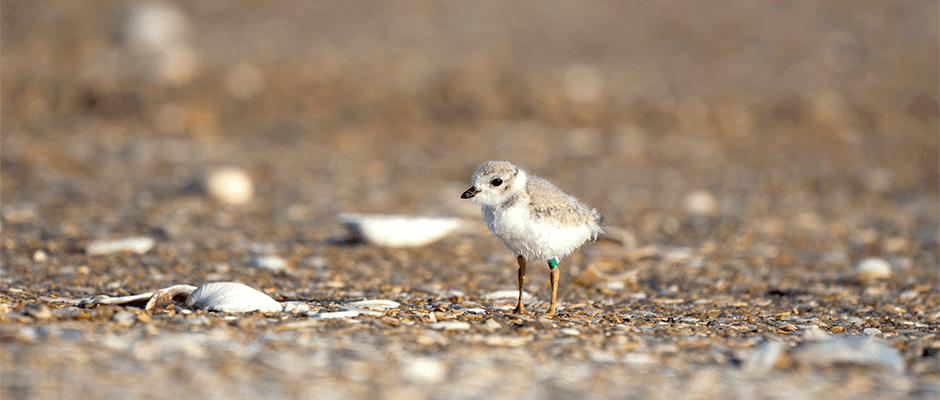
February 21, 2018
JWM: Hungry ghost crabs may haunt plover nests
Imperiled piping plover (Charadrius melodus) populations have been gradually growing since the species gained federal protection over three decades ago, but in North Carolina, they’re rearing the fewest fledglings. Researchers...
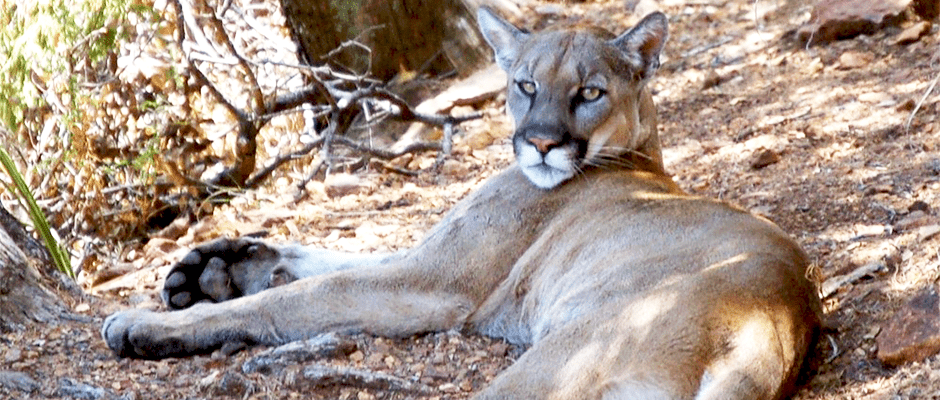
February 21, 2018
Despite their bad rap, predators do a lot to help humans
Predators aren’t usually humans’ best friends. Their tendencies to consume livestock, pets and us have a lot to do with that. But do they deserve their bad rap? An international...
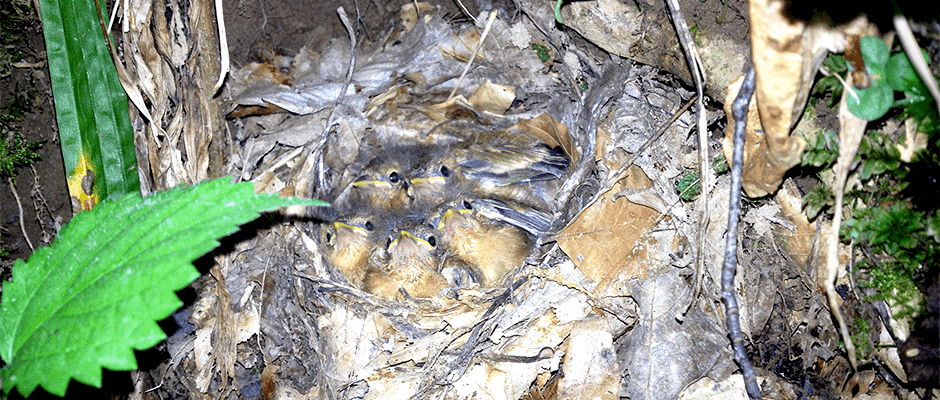
February 21, 2018
Study finds songbirds impacted by fracking
Louisiana waterthrushes (Parkesia motacilla), which specialize in nesting habitat among forested streams, are negatively impacted by nearby shale gas development, according to new research. In a study published in The...
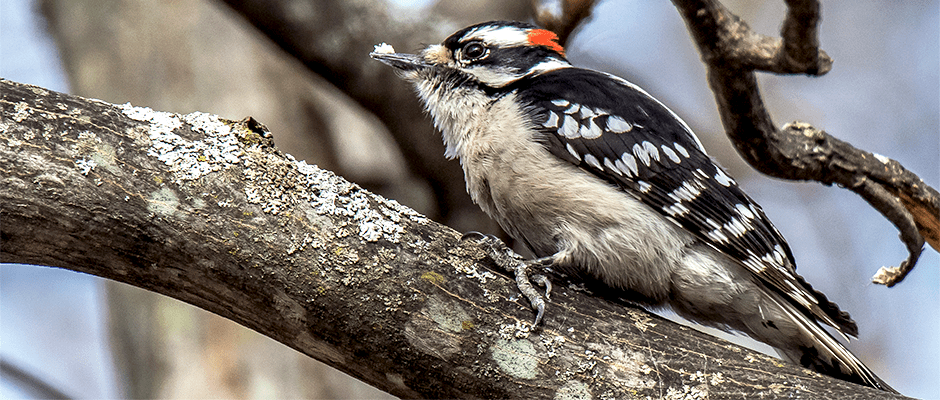
February 20, 2018
Does all that hammering hurt woodpeckers’ brains?
A woodpecker’s head takes a lot of pounding. In its lifetime, a woodpecker may peck wood over 50 million times at a force of about 1,200 to 1,400 Gs —...

February 15, 2018
For lease: Lands formerly known as national monuments
Some lands removed from Utah’s Bears Ears and Grand Staircase-Escalante national monuments by President Trump’s executive order in December have been opened to mining and drilling. These lands, set aside...
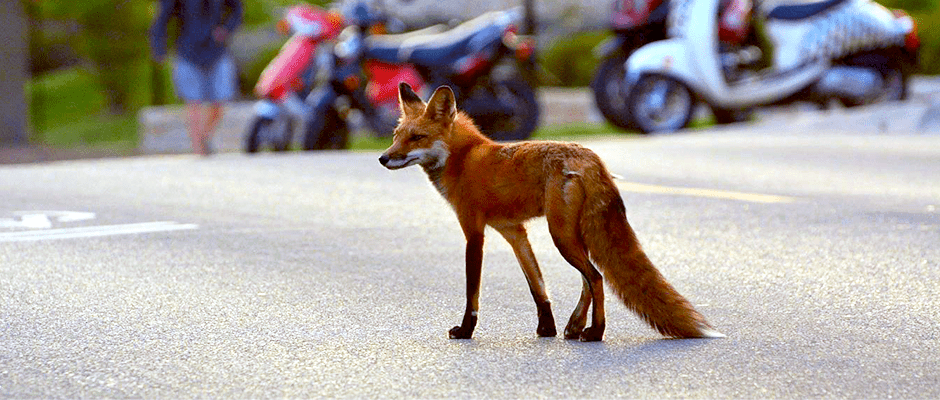
February 15, 2018
In urban landscape, coyotes and foxes coexist
In wild and rural areas, red foxes (Vulpes vulpes) tend to steer clear of coyotes (Canis latrans), which often kill foxes to reduce competition for food. But across the campus...

February 14, 2018
JWM: Recovered California sea lions on the decline again
After a decades-long recovery, California sea lions (Zalophus californianus) are dwindling again due to climate-driven reductions in prey, a recent long-term study shows. Centuries of human exploitation had once suppressed...

February 14, 2018
Omnivorous bats have better evolutionary success
Looking back at the evolution of bats, researchers found that omnivorous species — which consume both plants and animal products — produce more species over time than bats that are...

